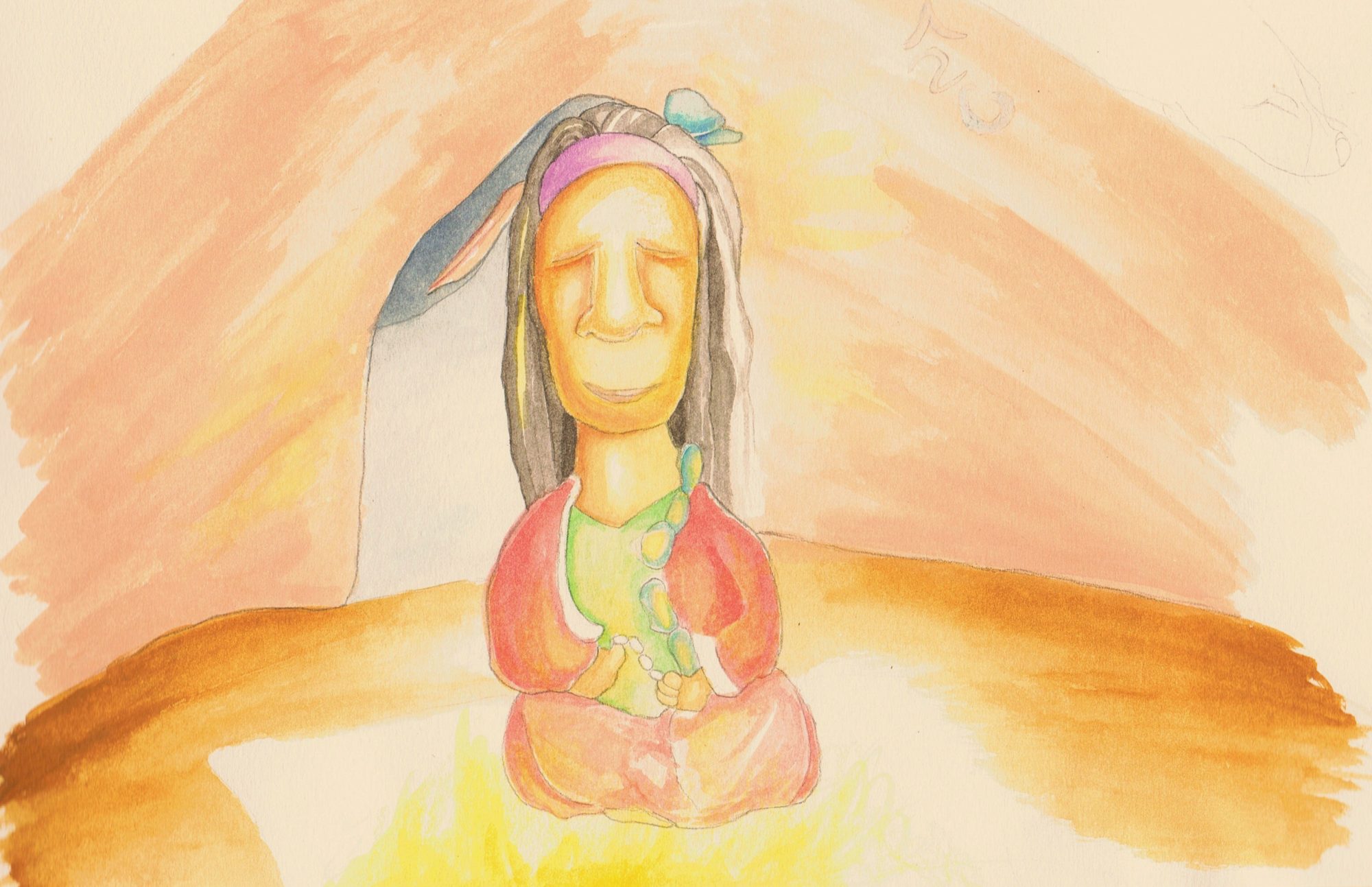A Carer undertakes to care for, care about and take care of a person who is in need of care. An undertaking is a choice.
Caring for someone with dementia is a full time undertaking until the undertaker takes over. It is an open-ended undertaking that lasts for the life-time of the one in need of care. With dementia, there is no remission as no-one has ever recovered to live a normal, independent life without care.
Caring for a dementia patient is an undertaking to see that person through to the end of their natural life. It is not about curing or healing but about offering a quality of life to another person that they are unable to maintain for their self.
The Undertaker takes care of the mortal remains after death. The Carer takes care of the mortal Soul during life. A mortal Soul is a three part spiritual Entity that is physical, mental & emotional in nature. All three aspects of a dementia patient’s nature come under the carer’s undertaking.
The carer takes care of the patient’s physical needs, cares about their mental welfare and cares for them emotionally. Caring for someone emotionally requires an awareness of what they need emotionally. Everyone has their own personal agenda and a unique set of emotional needs that enables them the power to achieve their objectives. Allowing another to meet their own emotional needs is how they become empowered to enjoy a fulfilling life.
Caring about someone’s mental welfare is about understanding their mental perspective and what they believe is occurring in their life. Dementia often blocks the patient’s ability to see the carer’s perspective, which makes it essential for the carer to understand the patient’s perspective and their apparent loss of perspective.
Caring about another person requires an understanding of where they are coming from and where they are trying to get to. Unless I know what someone wants to do and where they are coming from, I cannot help them to fulfil an objective.
Caring about someone is knowing their mental state of mind, which means knowing the beliefs that are causing their perspective. Unless I understand their perspective and can see their reality from their point of view, I cannot care about them effectively. Caring about another person is a mental ability that is learned but is rarely taught.
It is worth remembering that beliefs are held in the sub-conscious mind and are never lost, which means that they can surface and become apparent to the patient at the most inappropriate moment. Dementia is not a loss of memory but a loss of the conscious ability to recall memories, which does not stop them coming up from the sub-conscious mind of their own volition.
We are all in the situation that we are in, seeing life from the perspective that we see it from because of what we believe to be occurring. What I believe to be happening in my life is my personal perspective of reality. When my personal version of reality consistently contradicts other people’s collective version of reality, life can become a very difficult experience.
The most difficult thing for someone with dementia is to accept someone else’s perspective of what is occurring and what someone else needs to happen for life to be acceptable. When someone else is unable to see your point of view, there is no way that they will co-operate. Co-operation requires a mutually beneficial point of view. What works for the patient has to work for the carer and what works for the carer has to work for the patient, otherwise there is no-one caring about anyone.
The reality is that we generally do not care what other people are doing as long as it is not detrimental to ourself. As a carer is responsible for taking care of someone else, they have no option but to enforce boundaries. Boundaries are the standards of behaviour that we find to be acceptable from other people. Setting boundaries is a process of two people accepting by agreement mutual standards of behaviour. When standards of behaviour are concordant, boundaries are not crossed and both parties are seen to act responsibly.
Caring about someone is taking great care about the standards of behaviour that are mutually agreeable, to ensure that personal boundaries are never crossed. When someone crosses your boundaries, it can make you very cross and them to seem most disagreeable. When I enforce a boundary it can make another very cross when they see me as being very disagreeable.
Caring is an undertaking that can be very emotionally draining. I cannot care for another when I am emotionally drained. Caring for someone emotionally takes a lot of emotional power and nothing drains emotional energy quicker than someone crossing the boundaries of what you consider to be acceptable.
For a carer to successfully undertake a programme of care, the patient is required to undertake to gracefully receive it. When care is not given in good grace, it cannot be received in good grace. Caring is an undertaking to act in good grace and to act in good faith because the power of good grace only flows with the authority of good faith.
